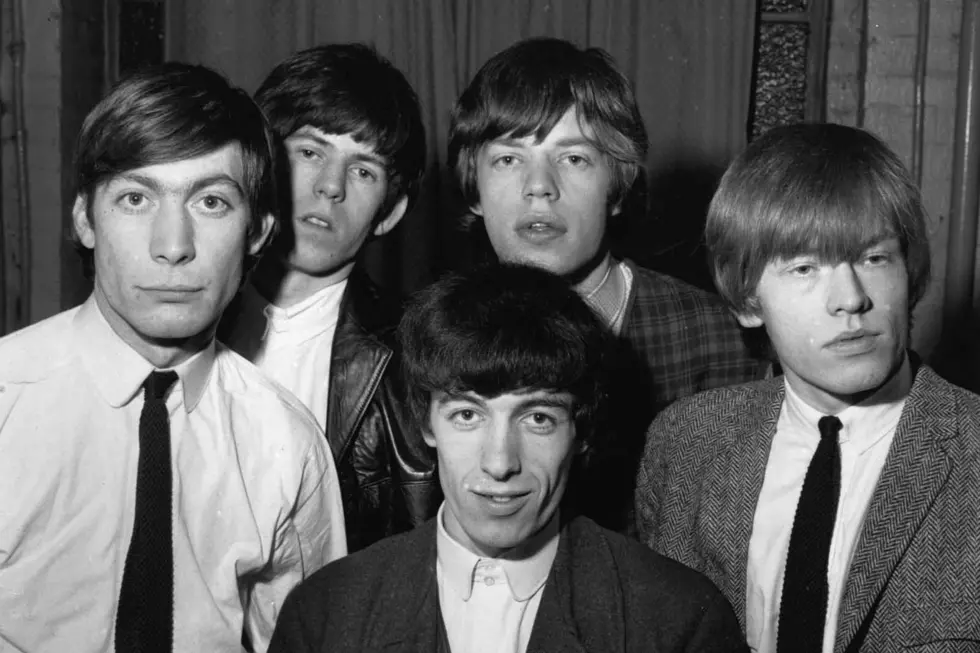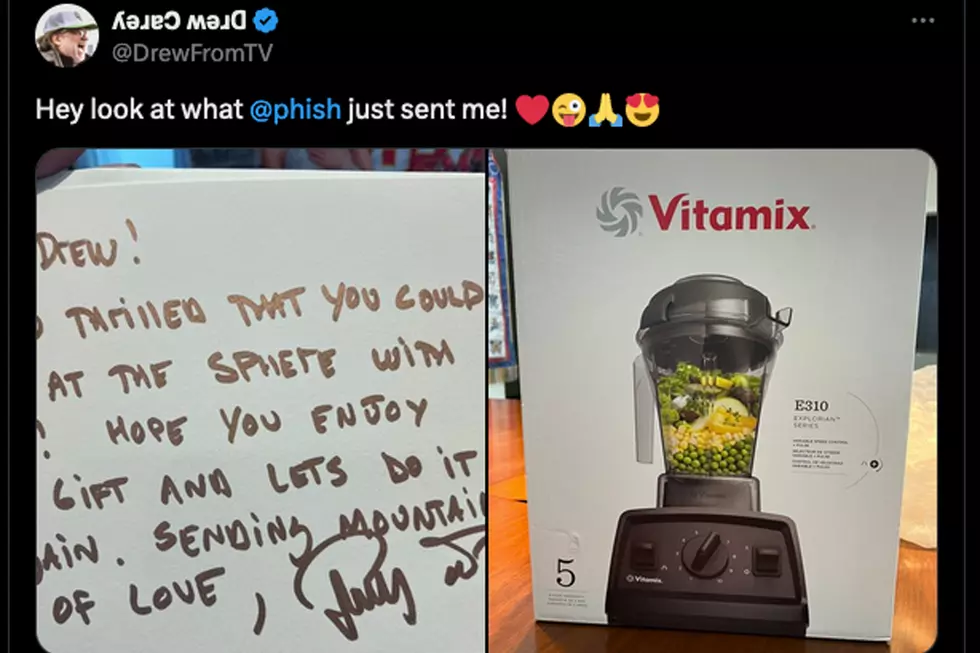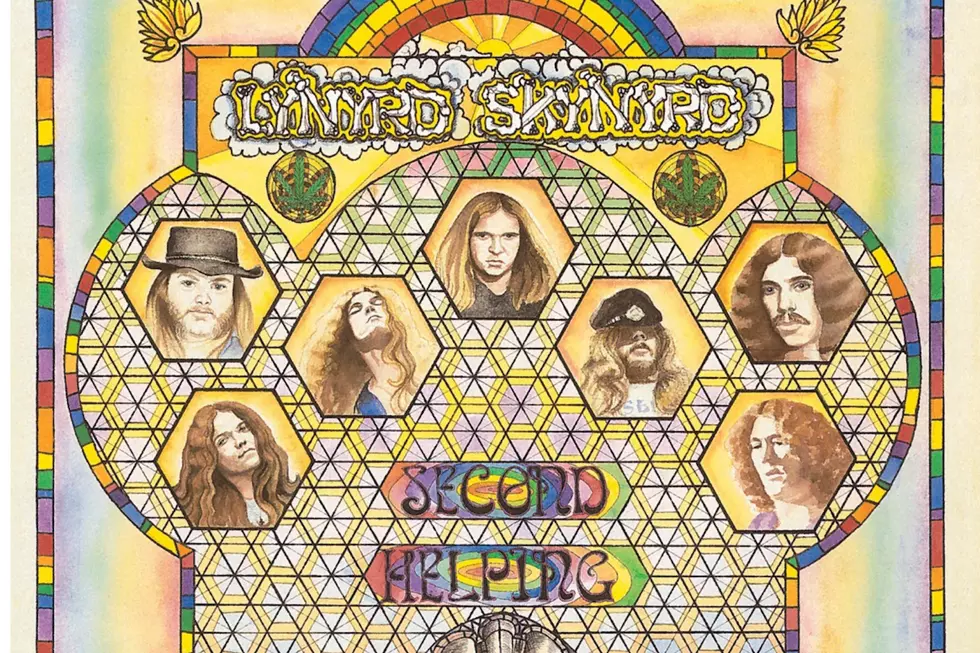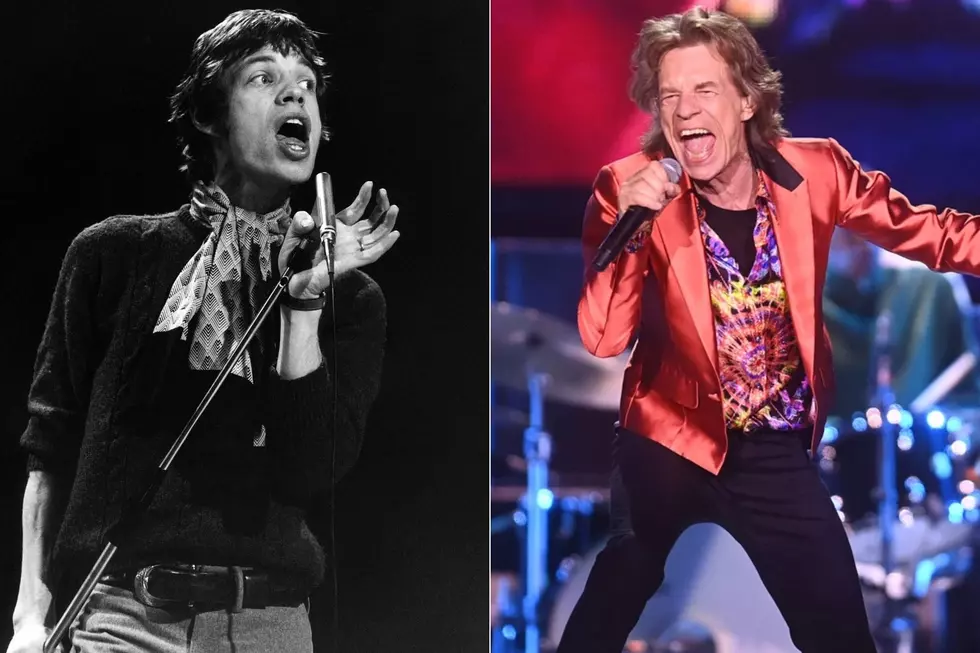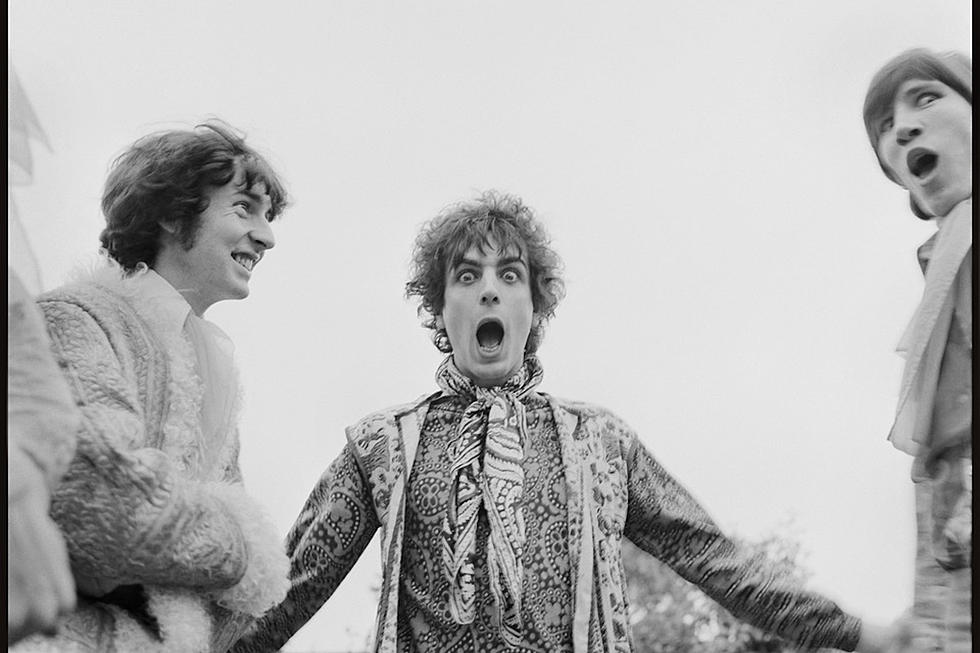
Debunking Syd Barrett With Film Director Roddy Bogawa: Interview
Pink Floyd co-founder Syd Barrett looms large in the history of British music and the psychedelic scene of the late '60s and early '70s. His free-form style of guitar playing, unorthodox lyrics and larger-than-life personality earned him a reputation as one of music's most enigmatic figures.
But he was also widely misunderstood. Barrett's mental health has been the subject of debate over the years. He became unreliable as Pink Floyd's success rose; his excessive use of LSD didn't help. In 1968, just three years after he founded the band, Barrett was more or less let go. Four years after that, he said goodbye to the music industry and led a private life until he died in 2006 from pancreatic cancer.
The Pink Floyd that most fans have come to know is the one that developed after Barrett's departure, but his brief presence left an indelible impact on the band's trajectory. Roger Waters and David Gilmour often refer to Barrett whenever they perform "Wish You Were Here."
Waters and Gilmour also appear in a new film Have You Got It Yet? The Story of Syd Barrett and Pink Floyd, which debuts in theaters on July 14. The band's other surviving member, drummer Nick Mason, also appears, along with various other people who knew Barrett. Directed by Roddy Bogawa and the late album cover designer Storm Thorgerson, Have You Got It Yet? The Story of Syd Barrett and Pink Floyd paints a portrait of Barrett not as a calamitous, cult favorite, but as a tenderhearted artist whose creativity and imagination seemed to know no bounds.
Bogawa discusses the film with UCR below.
You have a long history with Storm Thorgerson, who died in 2013. (Bogawa and Thorgerson started work on Have You Got It Yet? years ago.) You directed a film about him called Taken by Storm: The Art of Storm Thorgerson and Hipgnosis, which led you to this movie about Syd Barrett. Have you always been a Pink Floyd fan?
Yeah ... the first big rock concert I went to was Pink Floyd on the Animals tour. I was friends with this English guy in high school who had moved over, and we were listening to Deep Purple, Zeppelin, Pink Floyd — and we were in art class together so we commandeered the boombox, playing all that sort of stuff. And so we went to see all those shows — I think I saw Rainbow with him and a bunch of hard rock stuff and classic rock shows.
What was your attachment or interest in Syd Barrett then?
I definitely was listening to that stuff, but I was never one of those people that were like, "Oh, there's the Syd Floyd and then the Roger Waters [and] Gilmour." ... To me, they're a really interesting band because of the arc that happened with them. The fact that they were able to change singer-songwriters, from going from Syd, to then Roger and David writing together, that period, which is pretty amazing. ... But I was never one of those ones that was like, "Oh, I like this era better than that era." If you listen to Meddle or Ummagumma or Atom Heart Mother, they were doing experimental stuff without Syd, too.
Pink Floyd Before 'Dark Side'
Most Pink Floyd fans are most familiar with the post-Barrett version of the band. Their big commercial successes didn't arrive until after he had left. So why make an entire film about him?
I think definitely there is The Dark Side of the Moon Pink Floyd fan base, right? ... The thing about Syd's story, though, which is one of the things that interested me, was that I think it's also a very common story. ... I mean, it's the story of Brian Jones. It's the story of Brian Wilson from the Beach Boys, Daniel Johnston. Even Kurt Cobain in some ways ... these people that found the creative outlet for what was inside them, whether it was damaged, or poetic, all those types of things, and then what happens when the success kind of pressure cooks them. And so for me, that was also an interesting metaphor or a story, that's universal. ... I think the Pink Floyd fan base will be curious about it, because of all the stuff in it and those types of things, but I want it to kind of be bigger, in terms of that idea — it's really about everyone, how they choose different paths in life, and how those things can affect you.
The archival footage is beautiful. Where did that come from?
I became friendly with Lana Topham, who's Pink Floyd's archivist. She manages all their stuff because she helped me on my film about Storm. ... So I contacted her when we were doing all the archival stuff, and she was really helpful. And she said this interesting thing: "You know, Roddy, you're very lucky. Maybe this is fate, but we've just remastered all the archival material for The Early Years box set that came out the previous year."
Watch the 'Have You Got It Yet?' Trailer
Is there anything that got cut or didn't make it into the film that you wish had?
Yes! [Laughs] ... I've got every scrap of bootleg material that exists with Syd over the course of doing the film, and for a while, I had lots of bootleg stuff in it. And I was pitching the idea of like, This stuff has been out there for 20 years, why don't we put it in and sanction it and authorize it? But I was told no, no, no, no [Laughs]. ... So there was a couple things, but nothing crazy that I had to cut out. The only thing that I had hoped for was that I was in talks to interview David Bowie before he died. Because Bowie, for a long time, talked about how important Syd was to him. And I was emailing his management company, and I had friends that knew him, and he was interested, but then they were saying, oh, he was too busy. But then in hindsight, he was dying at that point, right? And they were keeping it secret. So that was the one thing I was really hoping to try and get. But then we got Pete Townshend ... he was great. Pete told [producer Orian Williams], "You have to interview me." So that was pretty cool.
What was the most surprising thing you learned about making the film?
One thing that surprised me was that when [Barrett] died, they auctioned off all his belongings in Cambridge. And so they sold this chair, this stained, ratty chair, [and] they sold this little Christmas tree, but they also had a lot of furniture where he had hammered on extensions onto the legs. You can look online, they're kind of crazy looking - [to] make an easel higher or a little table higher for his paints, and he made speaker boxes, homemade speaker boxes for a stereo. And that kind of surprised me because one of the stories that was repeated all the time was that a neighbor would walk by his house and hear him banging his head on the walls and screaming in the middle of the night, and the story was repeated everywhere, in every book, as a sign that he was crazy. And then when I saw that stuff, I was like, "Hang on, he was just building stuff! [Laughs] Building things in the middle of the night!" So I was kind of like, that's really interesting, that people were projecting...
Roger Waters says in the film that Pink Floyd wouldn't have existed without Syd Barrett. Do you agree with that?
I think, yeah, in terms of the idea that they might have just been an R&B band and just disappeared. Maybe they would have had one hit song or something like that. But the fact that he was writing such weird music, unusual music, made them different right from the very beginning, you know? ... I think Roger, in some way, he's being very generous and sincere about that because they might have just been a regular band.
Pink Floyd Albums Ranked
More From Ultimate Classic Rock

